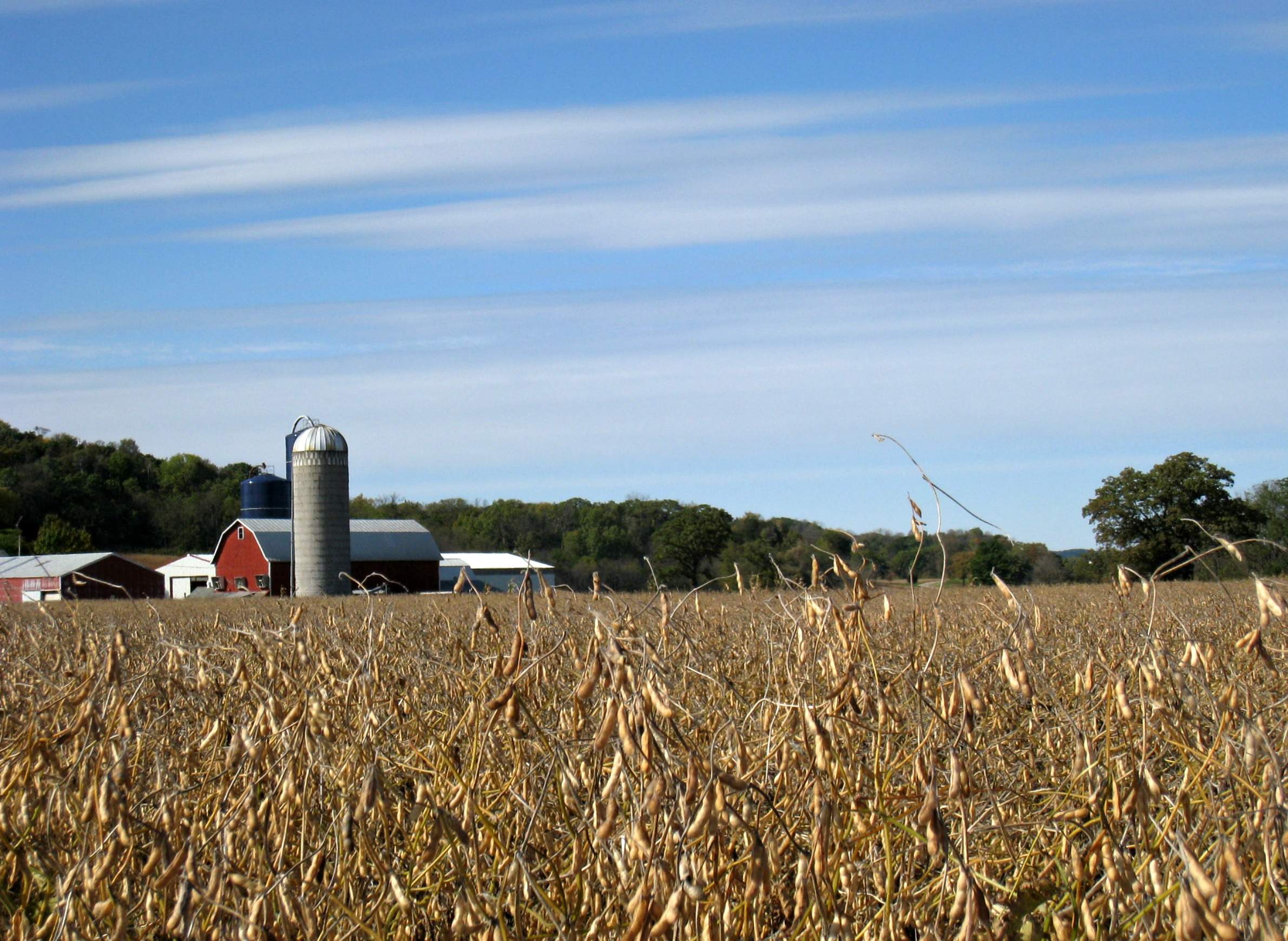
Farmers face many issues and challenges when it comes to retirement.

Farmers face many issues and challenges when it comes to retirement.
It is springtime and many farmers are shifting gears from winter chores to planting. They have much work to do: developing a cropping plan, ordering seed and fertilizer, making sure equipment is in working order and lining up enough help for the season.
What they do in preparation for the spring planting season has a large impact on the farm operation: Will enough of the right crops be raised to feed the milking herd? Is the right hybrid selected? Has seed and fertilizer been purchased? What is Plan B if Mother Nature does not cooperate?
So the question is: Why don't farmers plan for farm succession or retirement as they do with any other part of their operation? Farmers take time to prepare and plan for the growing cropping season, a major modernization or expansion project or a major investment. Why not take the time to plan for farm succession and retirement? Just like these preparations for the planting season, farmers need to plan for farm succession. Based on U.S. Department of Agriculture figures from the late 2000s, about 8,400 U.S. farms have operators between the ages of 45 and 64, but only one-third have business succession plans in place. That means around 5,600 farms will need to develop some type of business succession or exit plan during the next few years.
Farmers face many issues and challenges when it comes to retirement and farm succession, including:
Many farmers follow a "do-nothing" strategy because of fear of mortality and loss of identity, inability to choose among children, spousal resistance and external worries about change, Ivan Lansberg noted in "The Succession Conspiracy," his influential 1988 paper published in the Harvard Business Review.
Farm transfer planning is a process of decision-making that protects land's agricultural and forest production while preserving family relationships and enhancing community development. Many individuals facing farm succession have similar goals: Maintain the long-term viability of the farm for the future generations, provide for the financial security of the older generation and/or maintain farmland in the family. Farm transfer planning is planning for the future.
In addition to succession questions, farmers must consider the business plan (financial, management, and ownership) for themselves and those who may eventually take over the operation. Farmers slowly exiting the business need to plan to pay for retirement and to understand how their estate plan affects the farm operation succession.
The University of Wisconsin-Extension provides a series of online farm succession resources that cover asset inventory, tax planning and estate planning, among other business needs. When planning, farmers should establish their values, vision, mission and goals for not only the farm operation, but for themselves personally as well. Multiple pitfalls of farm succession planning should be avoided:
Farmers must take the time to shift gears. Planning for the future supports their true legacy: preserving the family.
Tina Kohlman is the UW-Extension dairy and livestock agent for Fond du Lac County. This article is adapted from an item originally published by the Fond du Lac Reporter.